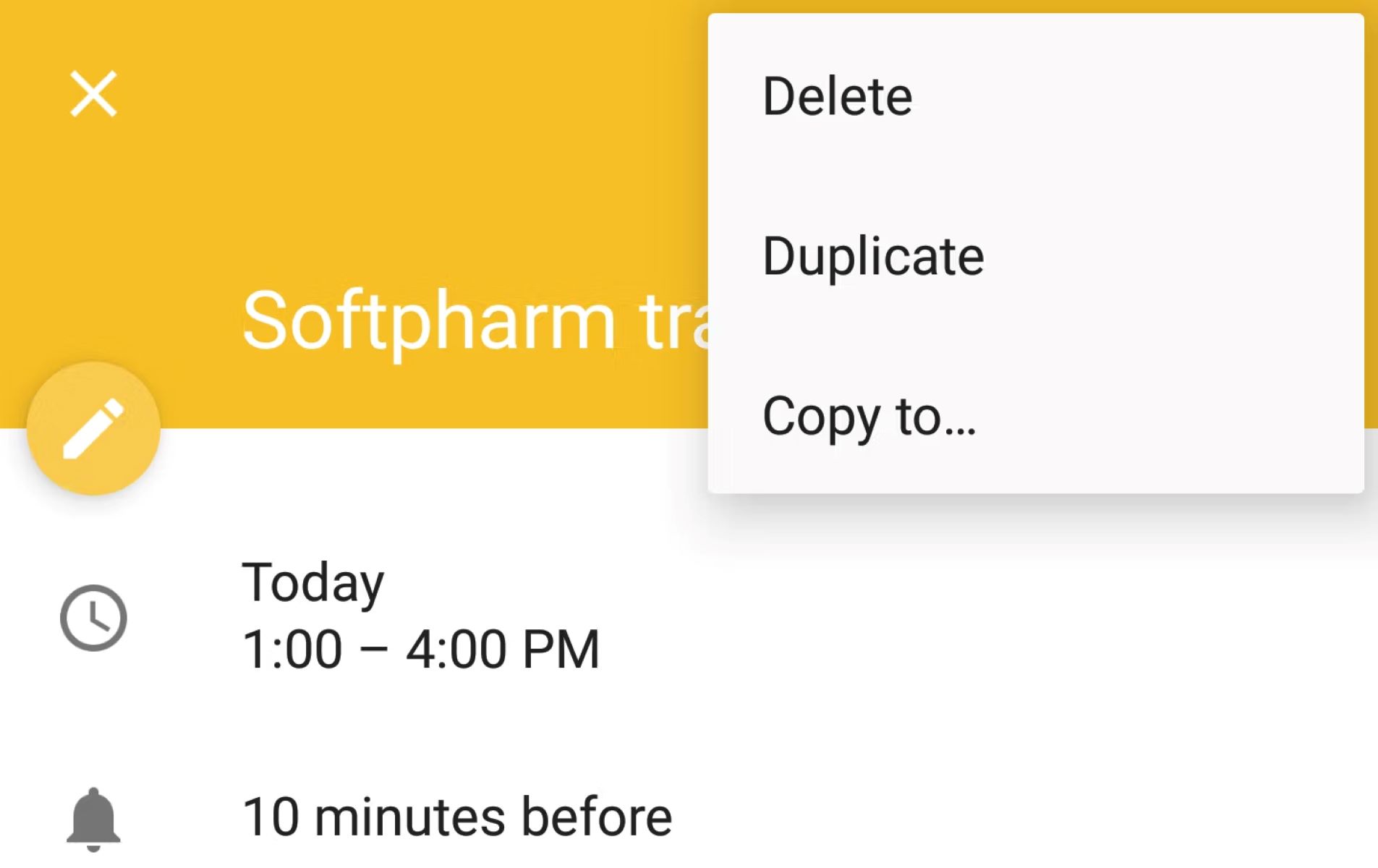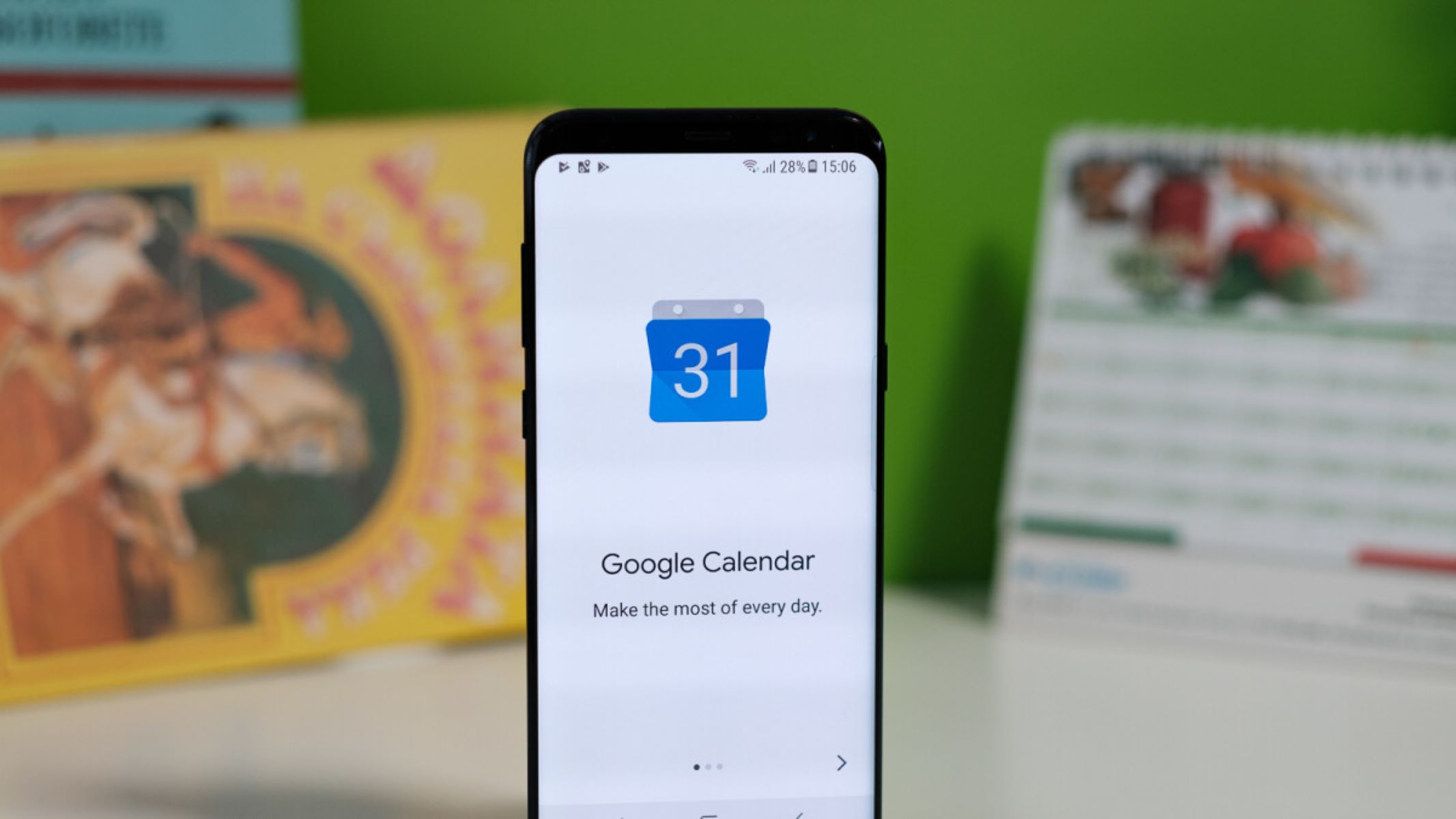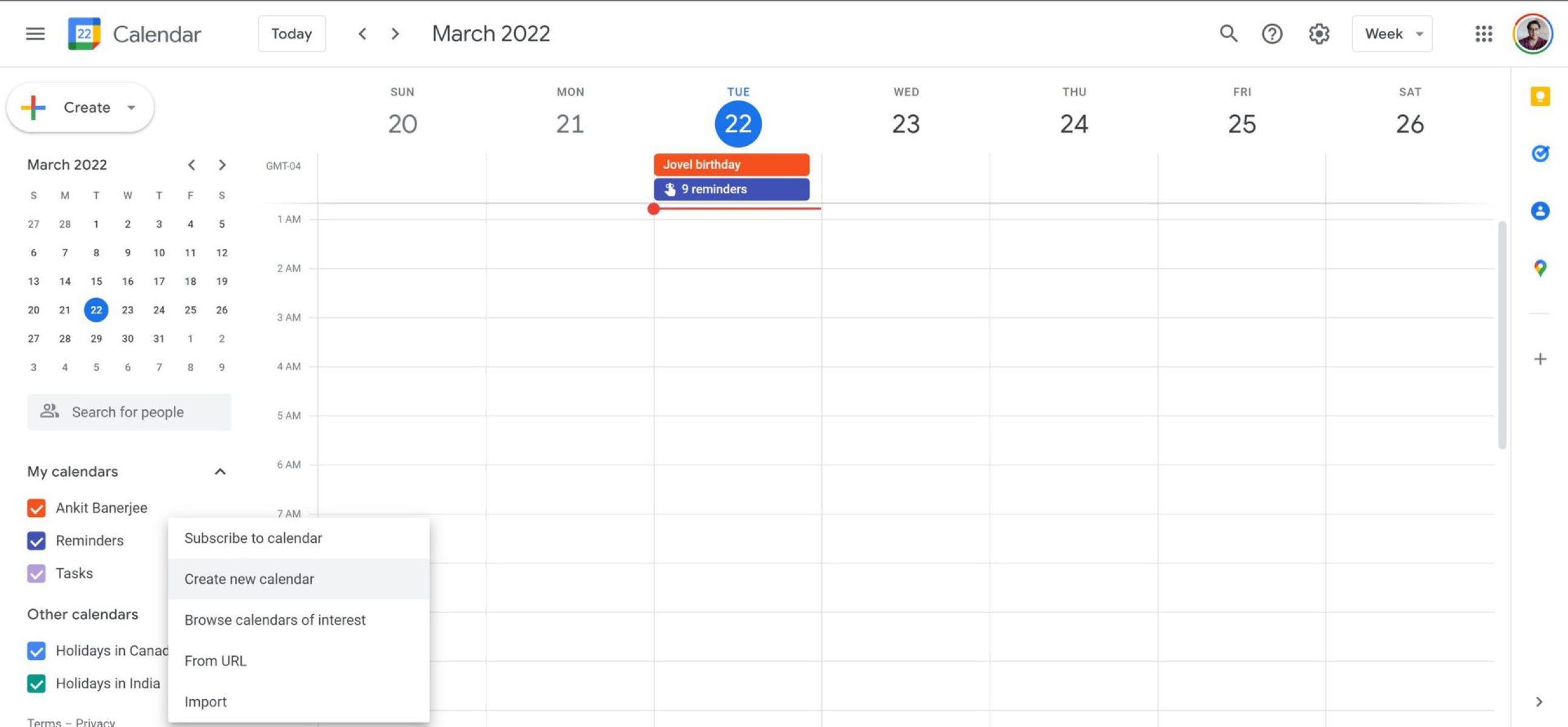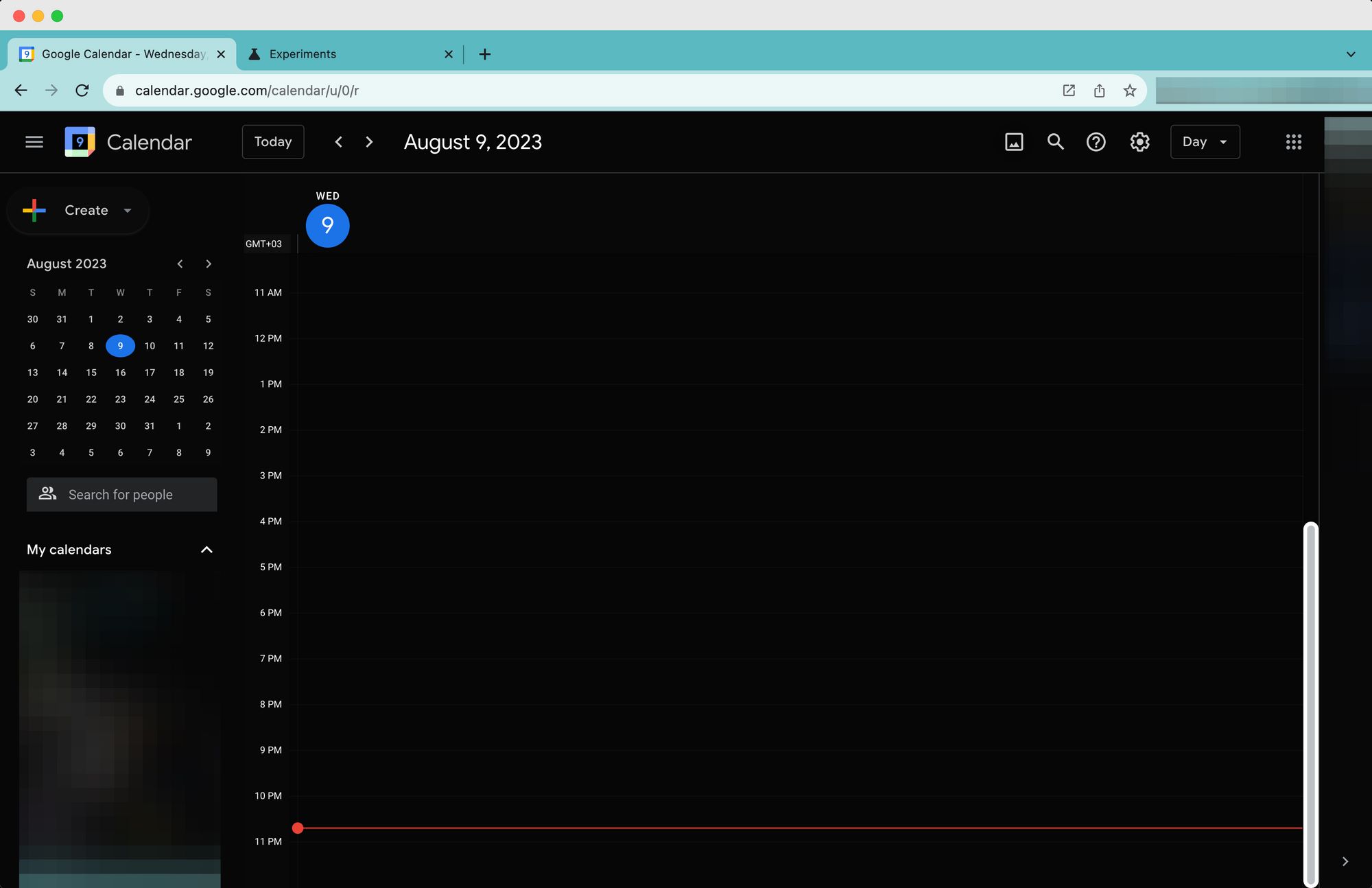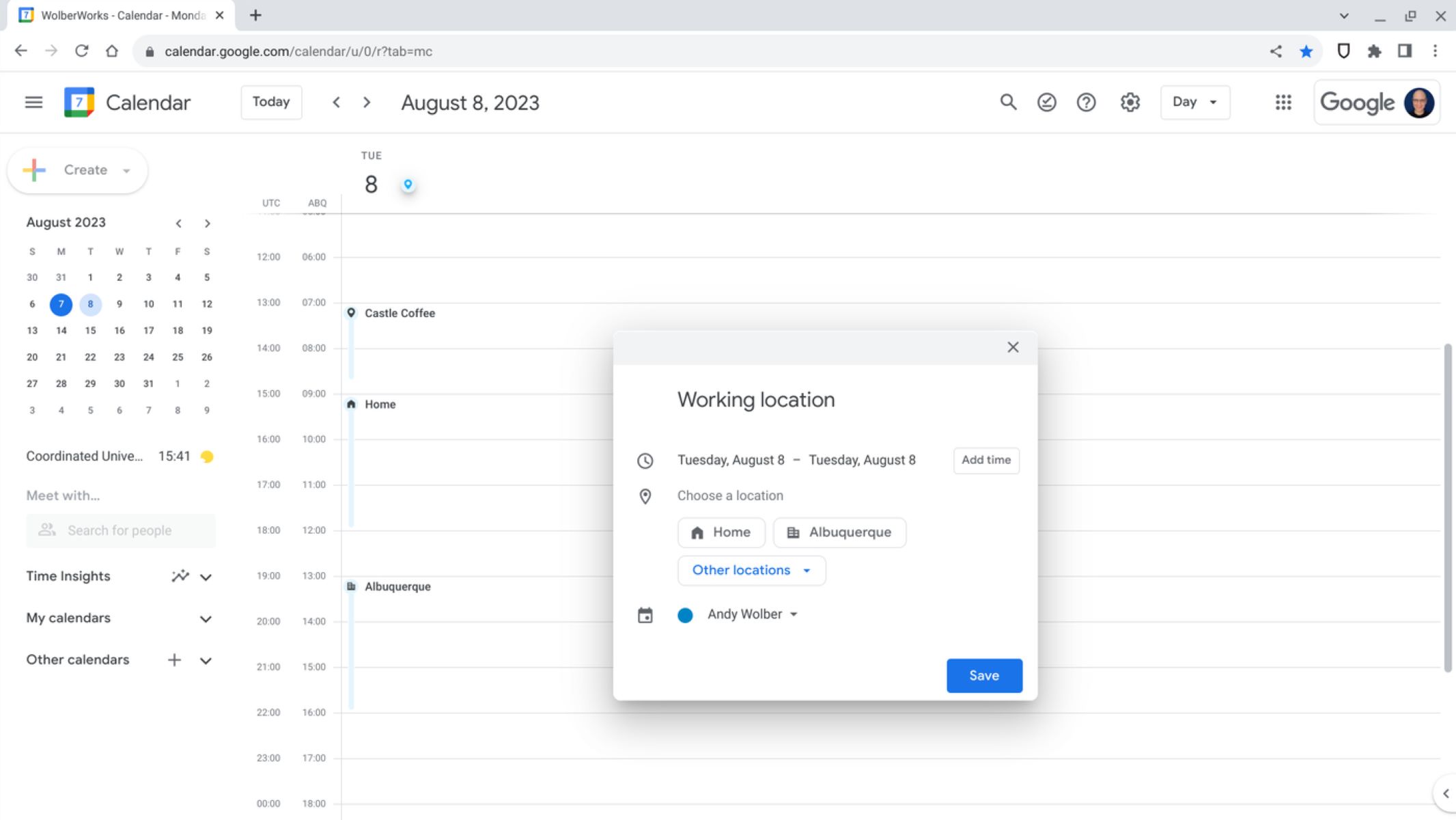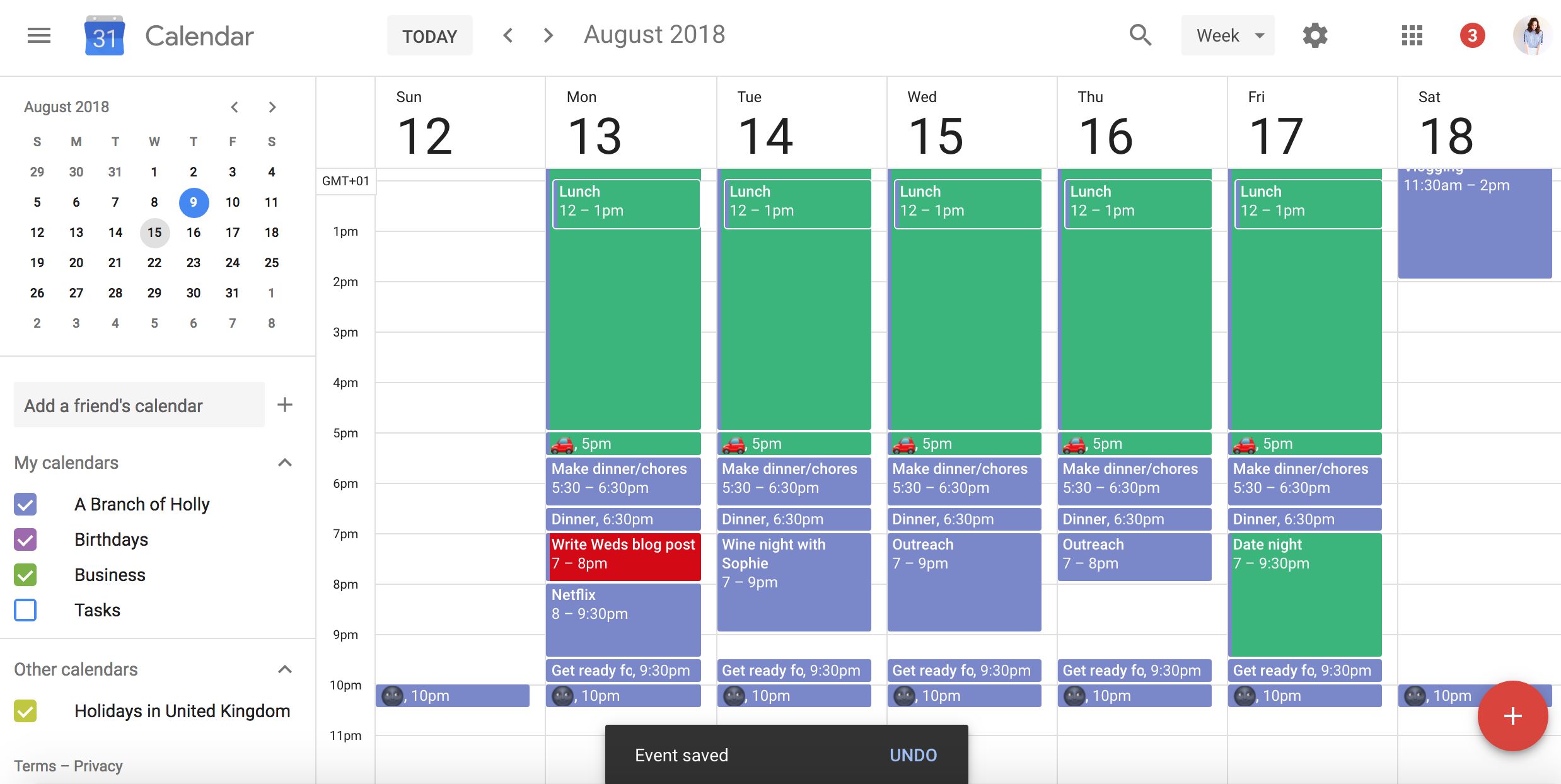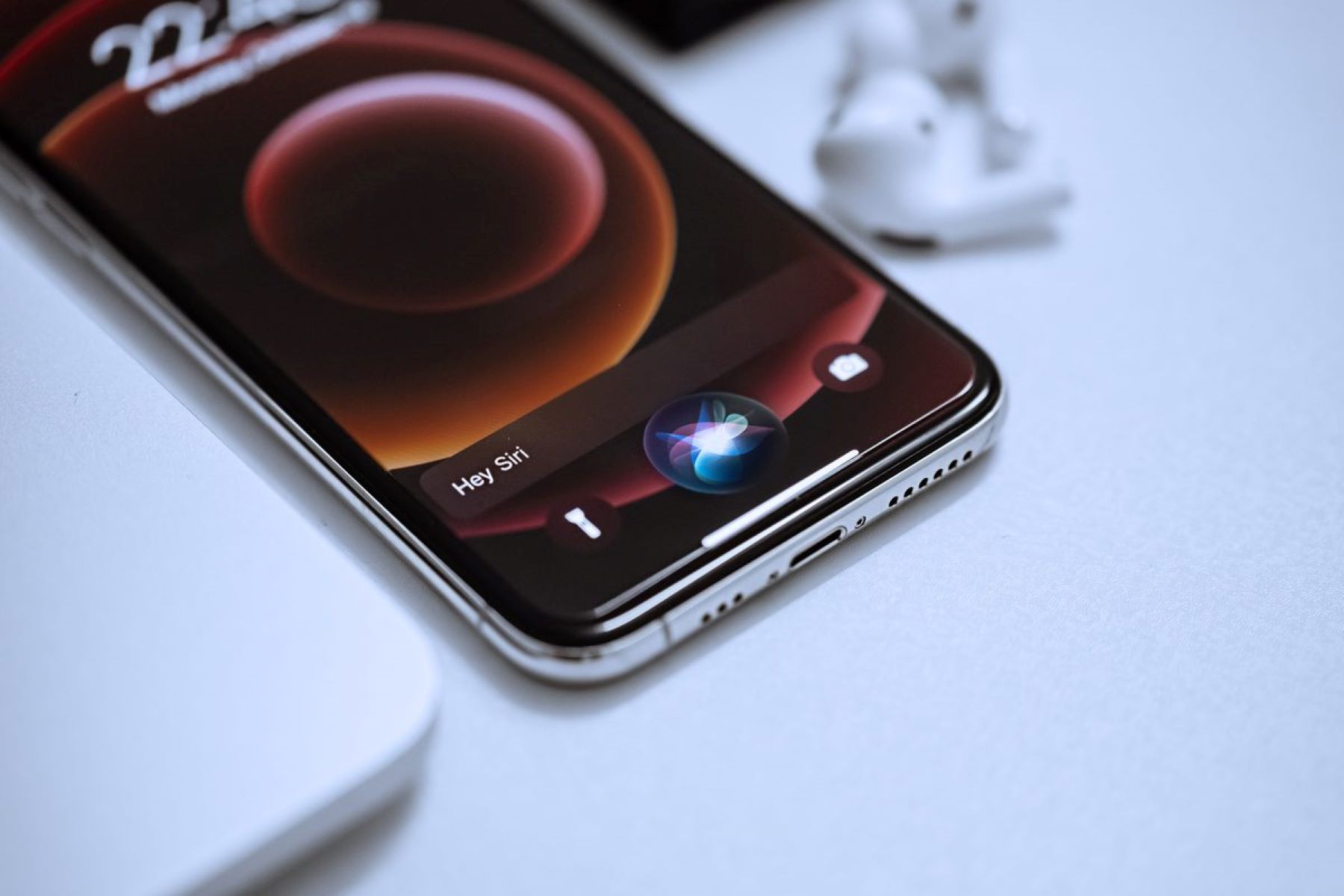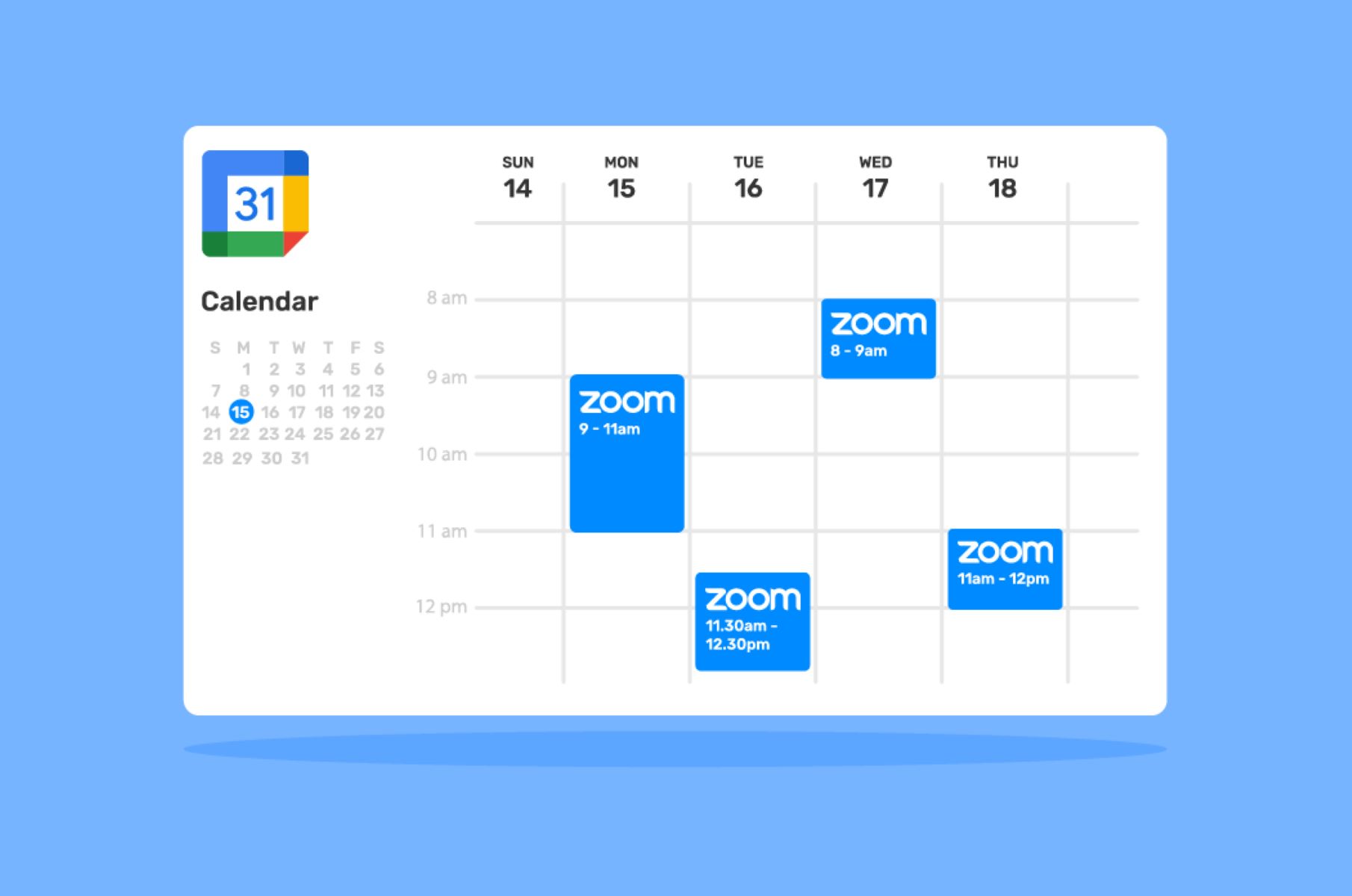Introduction
Google Calendar is a widely used online calendar tool that helps individuals and businesses stay organized and manage their schedules effectively. However, like any technology, Google Calendar can sometimes encounter issues that may prevent it from working properly.
In this article, we will explore some common issues that users may face with Google Calendar not working as expected. We will also provide possible solutions to help troubleshoot and resolve these issues.
Whether you are unable to access your calendar, experiencing syncing problems, or encountering errors while using Google Calendar, understanding the potential causes and finding the right solutions can save you time and frustration.
Before diving into the solutions, it’s important to note that Google Calendar operates on various platforms, including web browsers, mobile devices, and desktop applications. The troubleshooting steps provided in this article are designed to address issues across these different platforms. So regardless of whether you use Google Calendar on your computer, smartphone, or tablet, you should find these solutions helpful.
So, if you’re wondering why your Google Calendar is not working as expected, let’s dive in and explore some common issues and their corresponding solutions to get your calendar up and running smoothly once again.
Common Issues with Google Calendar
Google Calendar is a reliable tool, but it’s not immune to occasional glitches. Here are some of the common issues users may encounter when Google Calendar is not working:
- Calendar not loading: One of the most frustrating problems is when Google Calendar fails to load properly. Users may see a blank screen or encounter a perpetual loading symbol.
- Syncing issues: Another common problem is when calendar events fail to sync across devices. This can lead to discrepancies in scheduling and missed appointments.
- Error messages: Users may come across error messages such as “Oops! Something went wrong” or “Server Error.” These messages can be vague and provide little information about the root cause of the problem.
- Slow performance: Google Calendar may become slow and unresponsive, making it difficult to navigate through events and perform routine tasks.
- Access denied: Sometimes, users may encounter “Access Denied” errors when trying to view or edit shared calendars or when accepting event invitations.
- Missing events: This issue occurs when events that were previously added to the calendar suddenly disappear without any apparent reason.
- Mobile app issues: Users who rely on the Google Calendar mobile app may experience crashes, freezing, or difficulties in performing basic functions.
- Reminder and notification problems: Google Calendar relies on reminders and notifications to keep users informed about upcoming events. When these alerts fail to work, it can lead to missed appointments and scheduling conflicts.
Understanding these common issues will help you better diagnose and troubleshoot problems with your Google Calendar. Now, let’s move on to the solutions to address these issues and get your calendar back on track.
Solution 1: Checking Calendar Settings
When encountering issues with Google Calendar, the first step is to check your calendar settings. Sometimes, misconfigured settings can cause unexpected behavior. Here’s what you can do:
- Start by accessing your Google Calendar either through a web browser or the mobile app.
- Click or tap on the gear icon or the settings menu to access the Calendar Settings.
- Review the general settings, including time zone, date format, and working hours. Ensure that they are correctly set according to your preferences and location.
- If you are using multiple calendars, check the settings for each individual calendar. Confirm that the visibility and sharing settings are appropriately configured.
- Consider reviewing the notification settings to verify that your desired reminders and notifications are enabled and set to the correct timing.
- If you’re experiencing issues with shared calendars, make sure that the sharing settings are properly configured and that the intended participants have the necessary access permissions.
- Finally, save any changes you made to the settings and refresh your calendar to see if the issues have been resolved.
Checking and adjusting your calendar settings is often a simple yet effective way to fix common issues with Google Calendar. However, if you’re still facing problems after reviewing the settings, it’s time to move on to the next solution.
Solution 2: Clearing Cache and Cookies
Clearing your browser’s cache and cookies can help resolve various issues with Google Calendar. Over time, cached data and stored cookies can become corrupted, leading to unexpected behavior. Follow these steps to clear cache and cookies:
- Open your web browser and access the settings menu or options.
- Navigate to the privacy or browsing history section, where you can find options related to clearing cache and cookies.
- Select the appropriate options to clear both cache and cookies. Ensure that you select the relevant time range, such as “all time” or “everything,” to remove all cached data and stored cookies.
- Proceed with clearing the cache and cookies, following any prompts or confirmation dialogs that may appear.
- After the process completes, close and reopen your browser to start with a clean slate.
- Access Google Calendar again and check if the issues have been resolved.
Clearing cache and cookies helps eliminate any potential conflicts or corrupted data that may be causing Google Calendar to malfunction. However, it’s important to note that clearing cache and cookies will also remove other stored data, such as saved passwords. Make sure you are prepared to re-enter any necessary login credentials for websites and services.
If clearing cache and cookies doesn’t resolve the issues with Google Calendar, it’s time to move on to the next solution.
Solution 3: Disabling Browser Extensions
Browser extensions can sometimes interfere with the functionality of Google Calendar. Disabling or temporarily removing these extensions can help identify if they are the cause of the problem. Here’s what you can do:
- Access your browser’s settings or options menu.
- Navigate to the extensions or add-ons section, where you can manage the installed browser extensions.
- Disable all the extensions by toggling them off or clicking on the disable/turn off button next to each extension.
- After disabling the extensions, navigate back to Google Calendar and check if the issues have been resolved.
- If the issues are indeed resolved, you can identify the problematic extension by enabling them one by one and checking if the issues return after enabling each extension. This way, you can pinpoint the specific extension causing the conflict.
- Once you have identified the problematic extension, consider removing it completely or finding an alternative extension that does not interfere with Google Calendar.
- If disabling extensions does not resolve the issues or if you do not have any extensions installed, proceed to the next solution.
Disabling browser extensions can help eliminate conflicts that may be affecting the performance of Google Calendar. By isolating and identifying the problematic extension, you can ensure smooth and uninterrupted use of the calendar. However, if the issues persist, it’s time to move on to the next solution.
Solution 4: Updating Google Calendar App
If you are experiencing issues with the Google Calendar mobile app, it could be due to outdated software. Updating the app to the latest version can help resolve many problems. Follow these steps to update the Google Calendar app:
- Open the app store on your mobile device (such as the Google Play Store for Android or the App Store for iOS).
- Search for “Google Calendar” in the app store’s search bar.
- If an update is available, you will see an “Update” button next to the app. Tap on the button to start the update process.
- Allow the update to download and install on your device. This may take a few moments depending on your internet connection speed.
- Once the update is complete, open the Google Calendar app and check if the issues have been resolved.
- If the issues persist or there are no new updates available, proceed to the next solution.
Updating the Google Calendar app ensures that you have the latest bug fixes, improvements, and features. This can address any known issues and provide a more stable and reliable experience. However, if updating the app does not resolve the issues, it’s time to explore the next solution.
Solution 5: Checking Internet Connection
A stable and reliable internet connection is crucial for the proper functioning of Google Calendar. If you are experiencing issues, it’s important to check your internet connection. Here’s what you can do:
- Ensure that you are connected to a stable and reliable Wi-Fi network or have a strong cellular data signal on your device.
- If you are connected to Wi-Fi, try disconnecting and reconnecting to the network. Restarting your router or modem can also help resolve connectivity issues.
- If you’re using cellular data, make sure you have a good signal strength. Consider switching to a different network or location to see if the issues persist.
- Test your internet connection by visiting other websites or using other online services to check if they are working properly. If you can’t access other websites or services, there may be an issue with your internet service provider.
- If you’re using a VPN (Virtual Private Network), try disabling it temporarily to see if it improves the connection to Google Calendar.
- If you are still experiencing issues after checking your internet connection, proceed to the next solution.
A stable and reliable internet connection is crucial for accessing and using Google Calendar. By ensuring your internet connection is functioning properly, you can eliminate connectivity-related issues and enjoy a seamless experience with the calendar. However, if the problems persist, it’s time to move on to the next solution.
Solution 6: Testing on a Different Device
If you are still experiencing issues with Google Calendar, it’s worth trying to access it on a different device. This can help determine if the problem is specific to your current device or if it’s a broader issue. Follow these steps to test Google Calendar on a different device:
- Use another computer, smartphone, or tablet to access Google Calendar.
- Ensure that you are logged in with the same Google account that you use for your calendar.
- Open Google Calendar on the different device and check if you encounter the same issues.
- If the issues are not present on the other device, it suggests that the problem is specific to your original device. In that case, you may need to further troubleshoot or seek support for that particular device.
- However, if the issues persist on the different device, it indicates that the problem is not device-specific. Proceed to the next solution.
Testing Google Calendar on a different device helps determine if the issues are related to your specific device or if there is a broader problem. By isolating the source of the problem, you can focus your efforts on resolving it effectively. If the issues continue to occur on a different device, it’s time to explore the next solution.
Solution 7: Contacting Google Support
If you have exhausted all the previous solutions and are still unable to resolve the issues with Google Calendar, it may be time to seek assistance from Google Support. The support team can provide specialized help and guidance to address the problem. Here’s what you can do:
- Visit the Google Calendar Help Center or support website.
- Search for relevant articles or frequently asked questions (FAQs) that address the specific issues you are facing. Google has a wealth of resources available to help users troubleshoot common problems.
- If you are unable to find a solution, look for the option to contact Google Support. This will vary depending on your location and the type of Google account you have.
- Follow the instructions to reach out to the support team. This may involve submitting a support ticket, initiating a live chat, or getting connected with a support representative over the phone.
- When contacting Google Support, it’s helpful to provide detailed information about the issues you are experiencing. Include any error messages, steps you’ve already taken to troubleshoot, and the devices and browsers you are using.
- Be prepared to follow any additional instructions provided by the support team and provide any additional information or diagnostics they may request.
- Work closely with the support team to address the issues and follow their guidance for implementing any recommended solutions or fixes.
Contacting Google Support is the best option when all other solutions have been exhausted. The support team has the expertise and resources to assist you in resolving the issues you are facing with Google Calendar. By working together, you can find a resolution that gets your calendar back on track.
Conclusion
Google Calendar is a valuable tool for managing schedules and staying organized. However, encountering issues with Google Calendar not working as expected can be frustrating. In this article, we have explored some common issues users may face and provided possible solutions to address these problems.
We discussed the importance of checking calendar settings, clearing cache and cookies, disabling browser extensions, updating the Google Calendar app, and ensuring a stable internet connection. We also recommended testing Google Calendar on a different device and reaching out to Google Support for assistance if needed.
It’s important to remember that troubleshooting steps may vary depending on the device and platform you are using. The solutions provided in this article are general guidelines to help you get started in resolving the issues with Google Calendar.
If you continue to experience problems with Google Calendar despite trying the recommended solutions, we encourage you to reach out to Google Support. Their dedicated team is equipped to provide specialized assistance and help you find a resolution to the issues you are facing.
Remember, maintaining an up-to-date and properly functioning Google Calendar is essential for staying organized and managing your time effectively. By following the troubleshooting steps and seeking support when needed, you can ensure a smooth and reliable experience with Google Calendar.









